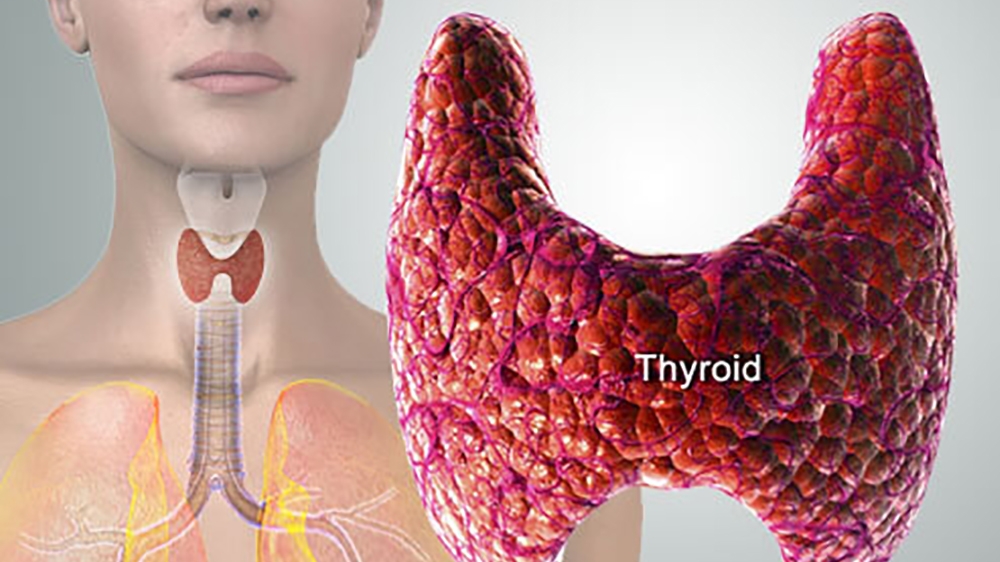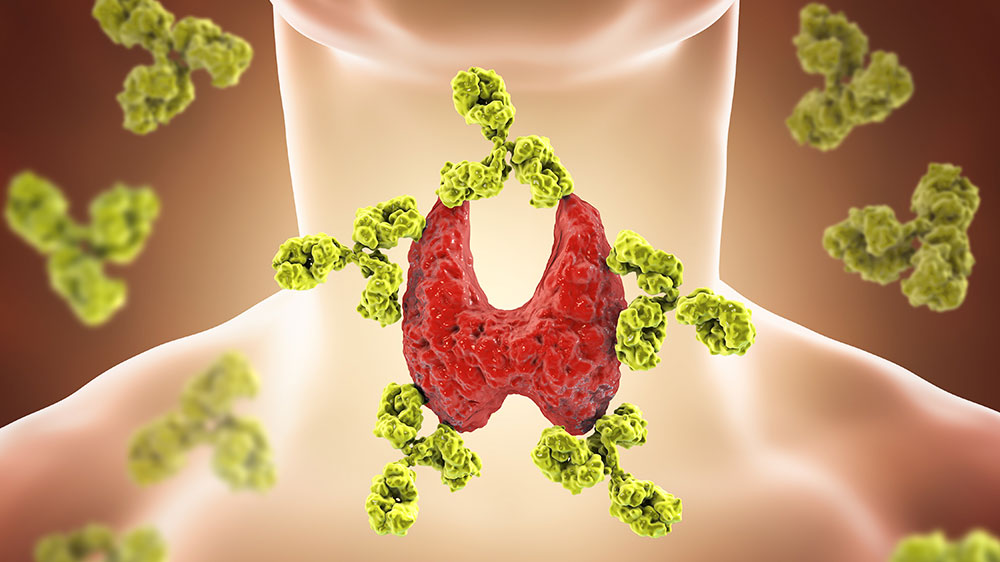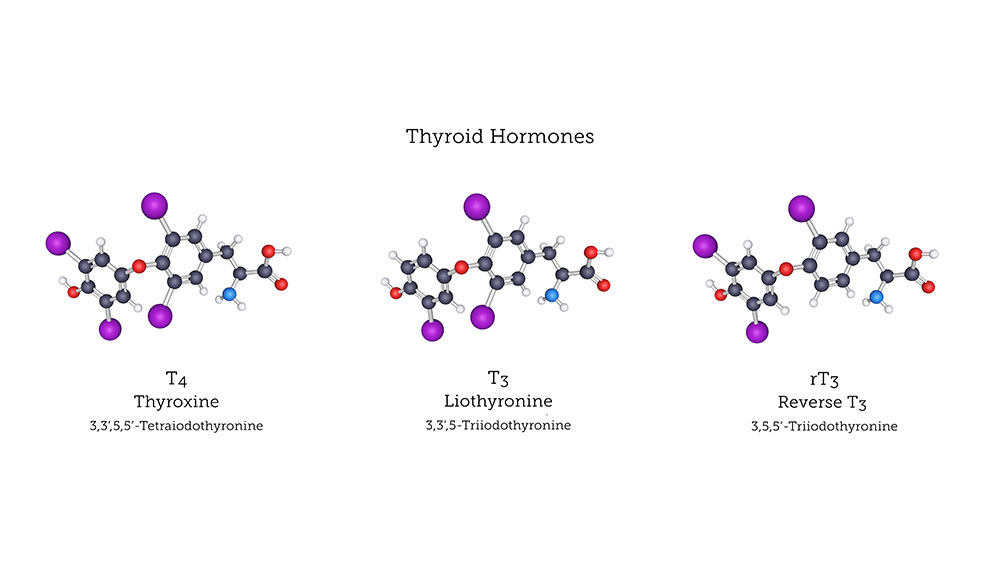
Thyroid function is dependent on a multitude of metabolic feedback signals. If you are deficient in basic nutrients this can cause your system to become imbalanced. Many different nutrient imbalances can contribute to poor thyroid function and having a qualified Functional medicine practitioner work you up is the key. This paper will outline the 8 most common nutrients associated…
Read More








